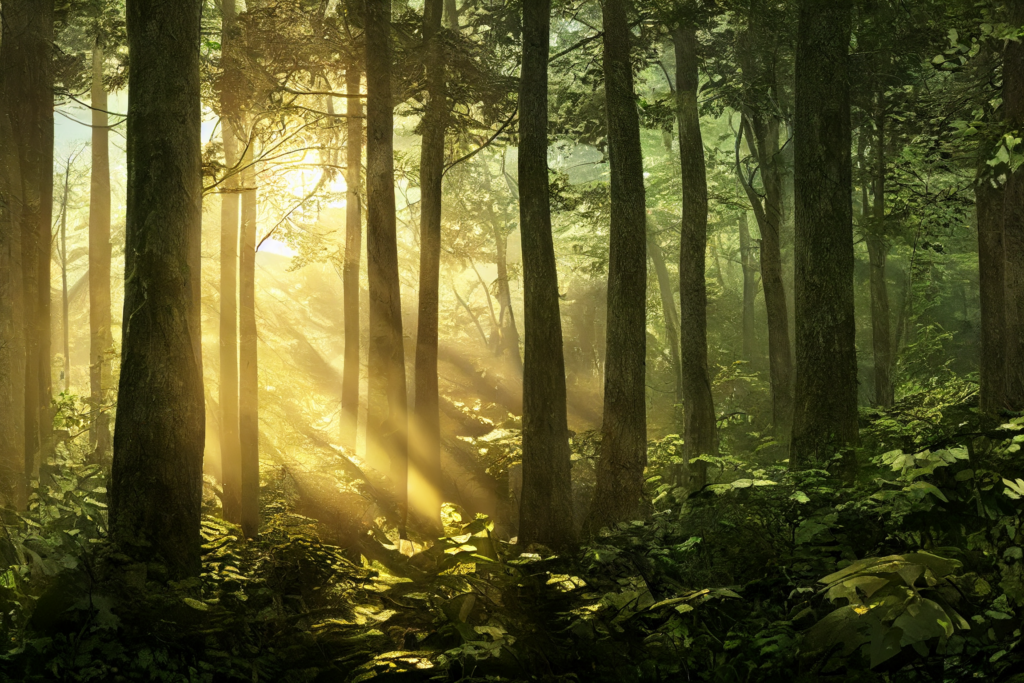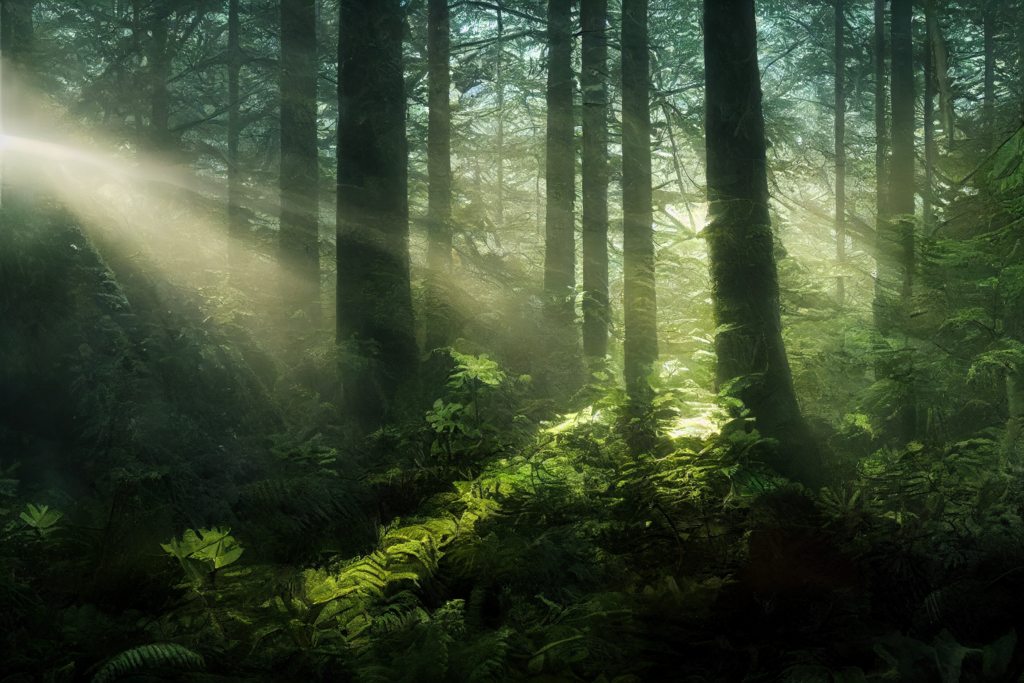
Shinrin-yoku
— John Muir
Many of us inherently sense the benefits of the woods.
A few of our patron thinkers – Thoreau and Muir, amongst others – tied their lives to the notion that humans should not be separated from the wilderness. For many centuries, we relegated these thoughts to philosophy or poetry. As science improves, we’re learning our instincts about feeling better when we spend time outdoors were right all along.
According to the National Human Activity Pattern Survey, taken in 2001, Americans spend approximately 93% of their lives indoors. Based on a slew of recent research projects, we should greatly lower that percentage. We’ve known for many decades that exercise is important for a healthy life. Only recently have we discovered that the specific places one spends on the move might also matter.
In particular, one should head to the forest. Considerable evidence suggests that trees, fresh air, and the cacophony of critters can make us healthier and feel better. The Japanese have a term for the phenomenon: Shinrin-yoku.

Shinrin-yoku translates to “forest bathing.”
In the 1980s, people in Japan started to practice forest bathing as a response to burnout from the tech boom. The point was to leave the electronic world behind to bathe in the restorative properties of the forest. In the 1990s, researchers started to study the tangible effects of the practice.
The staggering results illuminate benefits across the mental- and physical-health spectrum.
One Japanese study measured the physical differences between subjects who spent time in the forest one day and a city the next (and vice versa). Cortisol -a hormone associated with stress – blood pressure, and pulses were all lower in people during their forest habitation. Further, sympathetic nerve activity, responsible for the “fight or flight” reaction, was lower, while parasympathetic nerve activity, which tells the body to “rest and digest,” was higher.
A second study in Japan displayed advantages to mental health. Compared to strolling through a city, walks through the forest lessened the feelings of “depression-dejection”, “tension-anxiety”, “anger-hostility”, “fatigue”, and “confusion.”

Scientists at Stanford wondered if the forest might have an effect on rumination, which, in the realm of psychology, means “a maladaptive pattern of self-referential thought that is associated with heightened risk for depression and other mental illnesses.” In other words, a feedback loop of negative thoughts.
The researchers took city dwellers and subjected them to walks in either outdoor situations, such as grasslands or woods, or busy urban streets. Unsurprisingly, those who ambled in nature showed a decreased amount of rumination and reduced activity in their subgenual prefrontal cortices, a region of the brain involved in emotional regulation.
While the idea that mental health is physical health rightfully continues to grow, compelling evidence actually exists that walking through the trees has a tangible benefit on one’s immune system.

The air in the forest is usually fresh, already a benefit over what we breathe in a city, but there’s a secret ingredient in the air of the wilderness.
Plants produce substances called phytoncides. Plants emit these chemicals for protection against insects; phytoncides aid plants against disease via antibacterial and antifungal attributes. Incredibly, when humans breathe in phytoncides, our bodies produce a type of white blood cell, known as natural killer cells or NKs. These cells attack virus- and tumor-infected cells in the body.
In one study, increased levels of NK cells from a three-day, two-night stay in a forest lasted for 30 days!

So, that gut feeling we have about serenity in the forest seems to be backed up with hard data. Walking among the trees is more than just fun, it’s actually good for your mind and body. Get out there an practice Shinrin-yoku.
If you find yourself stuck indoors too much and cannot reap the benefits of the wilderness, don’t despair. A few of the studies showed one can garner some of the benefits of trees simply by looking at images of them!
Thankfully, I know a newsletter that likes to send images of trees. You should read it. And then you should forward it to all the people you care about. If looking at trees can improve our mental and physical health, it’s your duty to spread the medicine!


Further Reading and Exploration
The physiological effects of Shinrin-yoku (taking in the forest atmosphere or forest bathing): evidence from field experiments in 24 forests across Japan – National Library of Medicine
Psychological Benefits of Walking through Forest Areas – National Library of Medicine
How Walking in Nature Prevents Depression – The Atlantic
Immerse Yourself in a Forest for Better Health – New York State Department of Environmental Conservation
Effect of phytoncide from trees on human natural killer cell function – National Library of Medicine














Pingback: Opt Outside – themountainsarecalling.earth